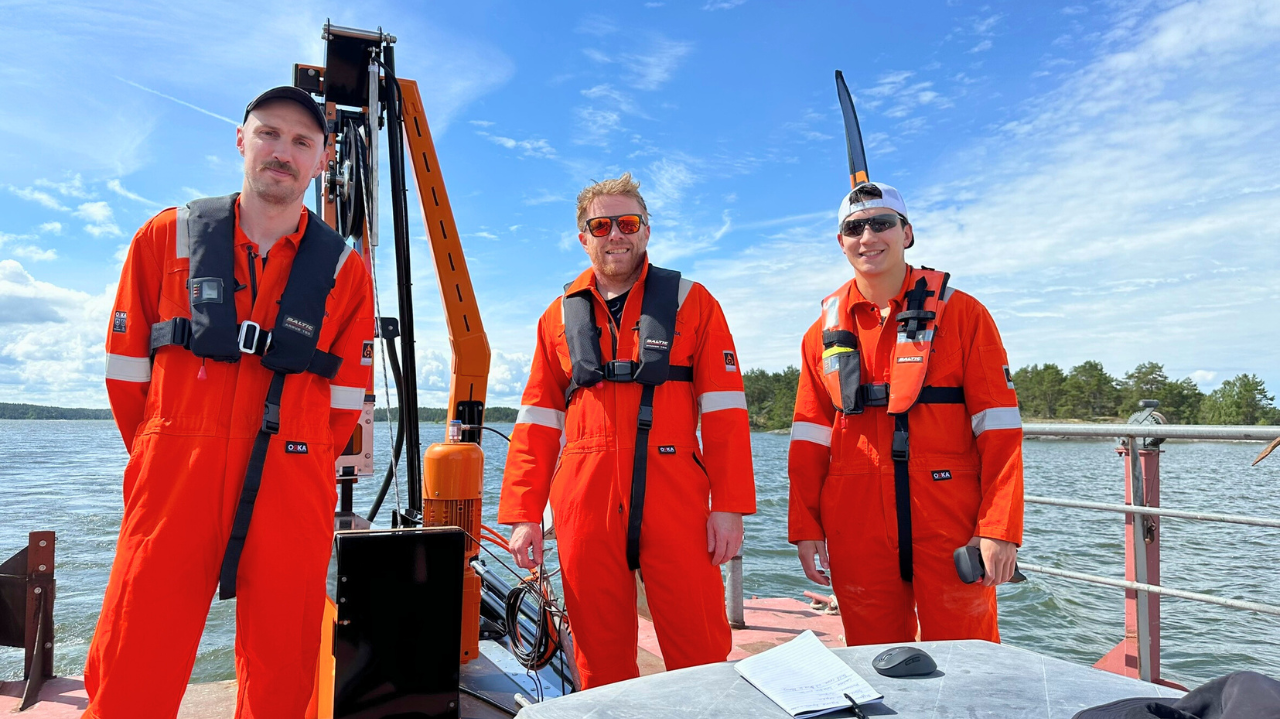Connect with us
* Required fields
* Required fields

Subsea specialist Sulmara has been awarded funding by the Net Zero Technology Centre (NZTC) to develop an over-the-horizon (OTH) uncrewed surface vessel (USV) with the ability to launch and recover towed sensor packages. The project will deliver a platform designed and certified to the standard set out in the recently released UK MCA Workboat Code 3 and will be certified to work OTH in UK waters.
This project will also further the development of Sulmara’s Glasgow-based Remote Operations Centre (ROC) that regularly conducts OTH projects across the world. In conjunction with designing and delivering a USV solution, Sulmara will be developing a customer data portal for cloud-based access and mission tasking, providing a more interactive customer experience throughout the project lifecycle.
To provide additional expertise for the project, Sulmara has selected technology partners that have a proven track record in providing best in class technology. USV specialists Maritime Robotics and Lidan Marine, who design and build remote launch and recovery systems will be crucial contributors to the success of the design. Together with multiple industry partners, including Harbour Energy, who are providing access to their subsea assets, Sulmara will work towards commercial proof of concept demonstrations of both the USV with towed hardware and the cloud portal data delivery.
The goals of the development are to provide a more environmentally friendly methodology for data acquisition to support offshore energy asset decommissioning, including verification of clear seabed, marine growth monitoring, environmental and critical component monitoring and 3D imaging of subsea infrastructure.
Specific design elements will be incorporated in the systems to provide similar pre- and post-construction data acquisition in offshore renewables to that seen in oil and gas, accelerating decarbonisation across the marine industry.
Sulmara CTO Andy Doggett said: “This project is a culmination of the investment Sulmara has made so far in the commercialisation of USV technology and, by broadening the payload that can be deployed from a remote vehicle, will provide a new foundation for Sulmara to further challenge the conventions of offshore data acquisition.
“Sulmara has proven the use of multiple USV platforms to acquire hull mounted sensor data and has delivered multiple commercial projects with static towed sensors. The next step in this evolution is to dynamically tow advanced geophysical sensors that are launched and recovered from an uncrewed platform.
“We recognise the complex challenges involved in integrating an OTH USV, automated launch and recovery system and the associated towed equipment, and that is why we are partnering with Maritime Robotics and Lidan who will bring technology with a high TRL and a proven track record.
“Our goal is that by proving this technology in an active offshore environment, we can push the industry to examine their supply chain and how remote systems can yield not only environmental and HSE benefits, but ultimately reduce the cost of data acquisition over time.”
Lidan Marine Chief Commercial Officer, Thomas Jonsson added: “We are thrilled to be part of Sulmara’s journey to serve the marine survey industry. This pilot solution represents a significant leap forward in autonomous operations, offering cutting edge capabilities and performance. We believe this mission package will empower Sulmara to conduct more efficient and cost-effective operations, ultimately driving advancements in maritime exploration and resource management towards a Net Zero energy sector.
“At Lidan Marine we are committed to driving innovation and excellence in the maritime sector, and our SKARV is a testament to that commitment. With its features and capabilities for uncrewed operations, the SKARV is developed to enable marine survey operations and to open new possibilities for exploration and research.”